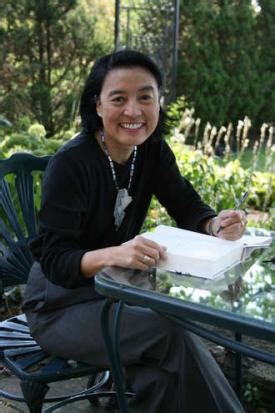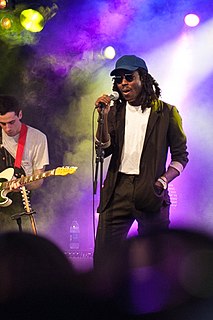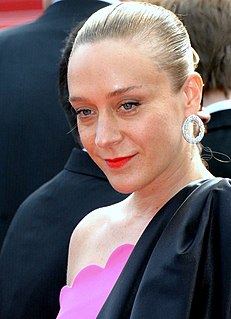A Quote by Gail Tsukiyama
Don’t you think every face tells its own story? Like a book? More like a poem. If you study it long enough, you’ll soon find its meaning.
Related Quotes
When you look into the faces of these quiet creatures who don't know how to tell stories--who are mute, who can't make themselves heard, who fade into the woodwork, who only think of the perfect answer after the fact, after they're back at home, who can never think of a story that anyone else will find interesting--is there not more depth and more meaning in them? You can see every letter of every untold story swimming on their faces, and all the signs of silence, dejection, and even defeat. You can even imagine your own face in those faces, can't you?
I want each poem to be ambiguous enough that its meaning can shift, depending on the reader's own frame of reference, and depending on the reader's mood. That's why negative capability matters; if the poet stops short of fully controlling each poem's meaning, the reader can make the poem his or her own.
Too many writers think that all you need to do is write well-but that's only part of what a good book is. Above all, a good book tells a good story. Focus on the story first. Ask yourself, 'Will other people find this story so interesting that they will tell others about it?' Remember: A bestselling book usually follows a simple rule, 'It's a wonderful story, wonderfully told'; not, 'It's a wonderfully told story.'
I keep feeling that there isn't one poem being written by any one of us - or a book or anything like that. The whole life of us writers, the whole product I guess I mean, is the one long poem - a community effort if you will. It's all the same poem. It doesn't belong to any one writer - it's God's poem perhaps. Or God's people's poem.
If you don't like my book, write your own. If you don't think you can write a novel, that ought to tell you something. If you think you can, do. No excuses. If you still don't like my novel, find a book you do like. Life is too short to be miserable. If you do like my novels, I commend your good taste.
A lot of the book [The Yoga of Max's Discontent] is about karma and rebirth. Things like that are very attuned to my life as an Indian, but when I approach it from a perspective of a Westerner, then I have a skeptical, yet kind of novice view on it. I think that choice really liberated the story to be its own story. A lot of the conclusions that Max reaches on his own are not mine at all. So, I think that allowed the story to take on its own momentum, to have its own propulsive force.
For every Book of Job, there's a Book of Leviticus, featuring some of the most boring prose ever written. But if you were stranded on a desert island, what book would better reward long study? And has there ever been a more beautiful distillation of existential philosophy than the Book of Ecclesiastes?
I thought if only I had a keen, shapely bone structure to my face or could discuss politics shrewdly or was a famous writer Constantin might find me interesting enough to sleep with. And then I wondered if as soon as he came to like me he would sink into ordinariness, and if as soon as he came to love me I would find fault, the way I did with Buddy Willard and the boys before him.
The writer's job, after all, is not to dictate meaning, but to give the reader enough pieces to create his or her own satisfying meaning. The story is truly finished—and meaning is made—not when the author adds the last period, but when the reader enters the story and fills that little ambiguous space, completing the circuit, letting the power flow through.
A story is a way to say something that can't be said any other way, and it takes every word in the story to say what the meaning is. You tell a story because a statement would be inadequate. When anybody asks what a story is about, the only proper thing is to tell them to read the story. The meaning of fiction is not abstract meaning but experienced meaning.
There are books full of great writing that don't have very good stories. Read sometimes for the story... don't be like the book-snobs who won't do that. Read sometimes for the words--the language. Don't be like the play-it-safers who won't do that. But when you find a book that has both a good story and good words, treasure that book.





































